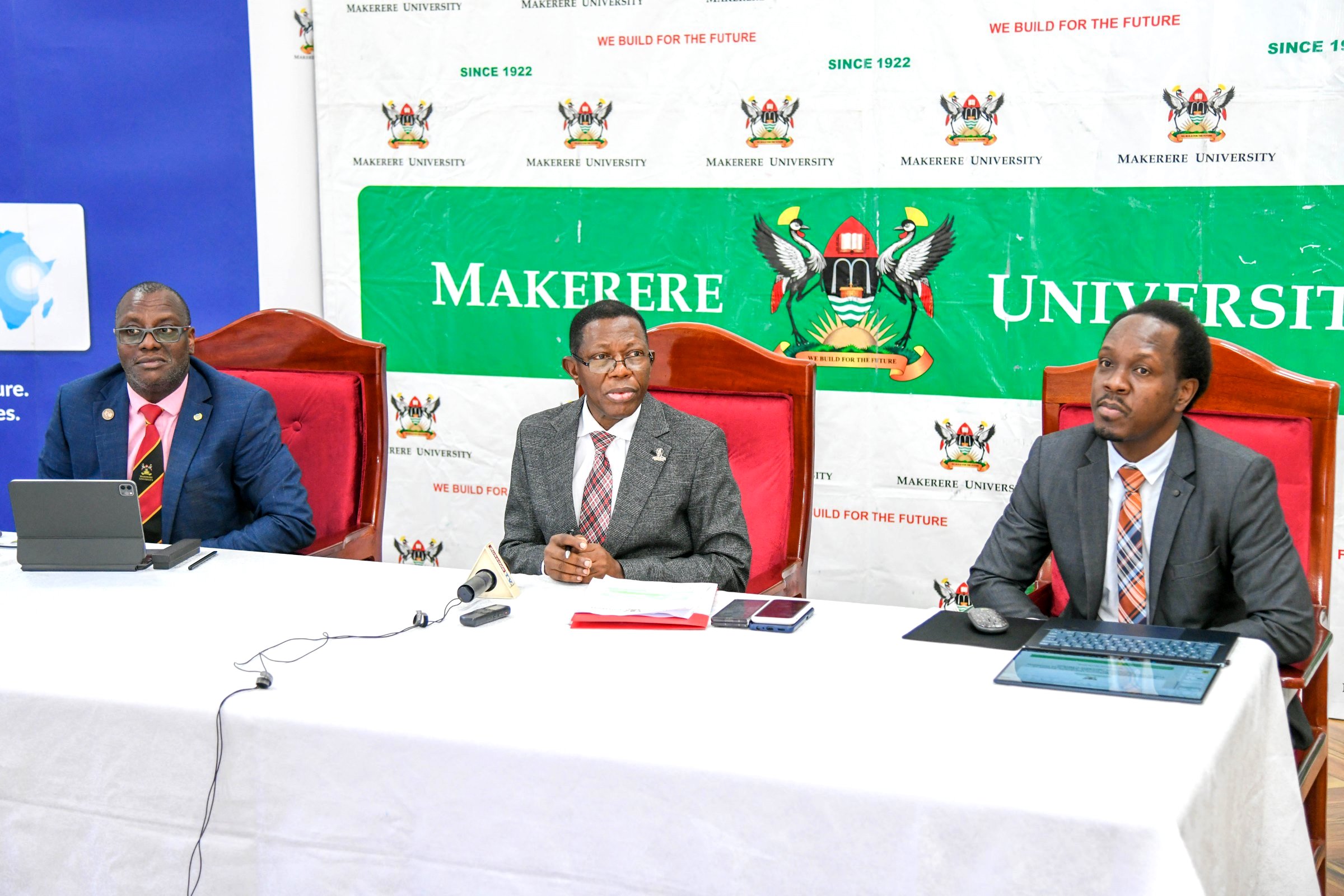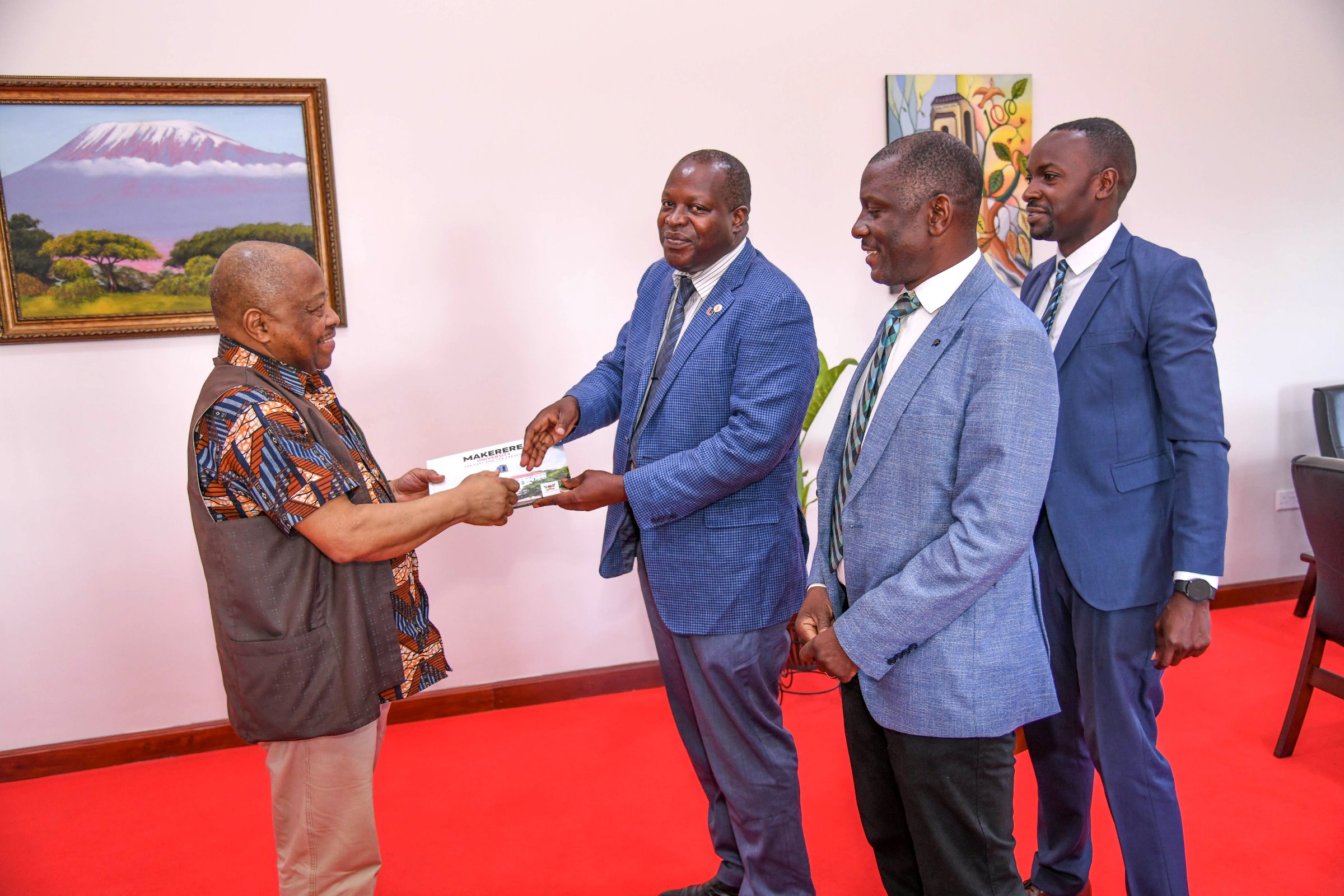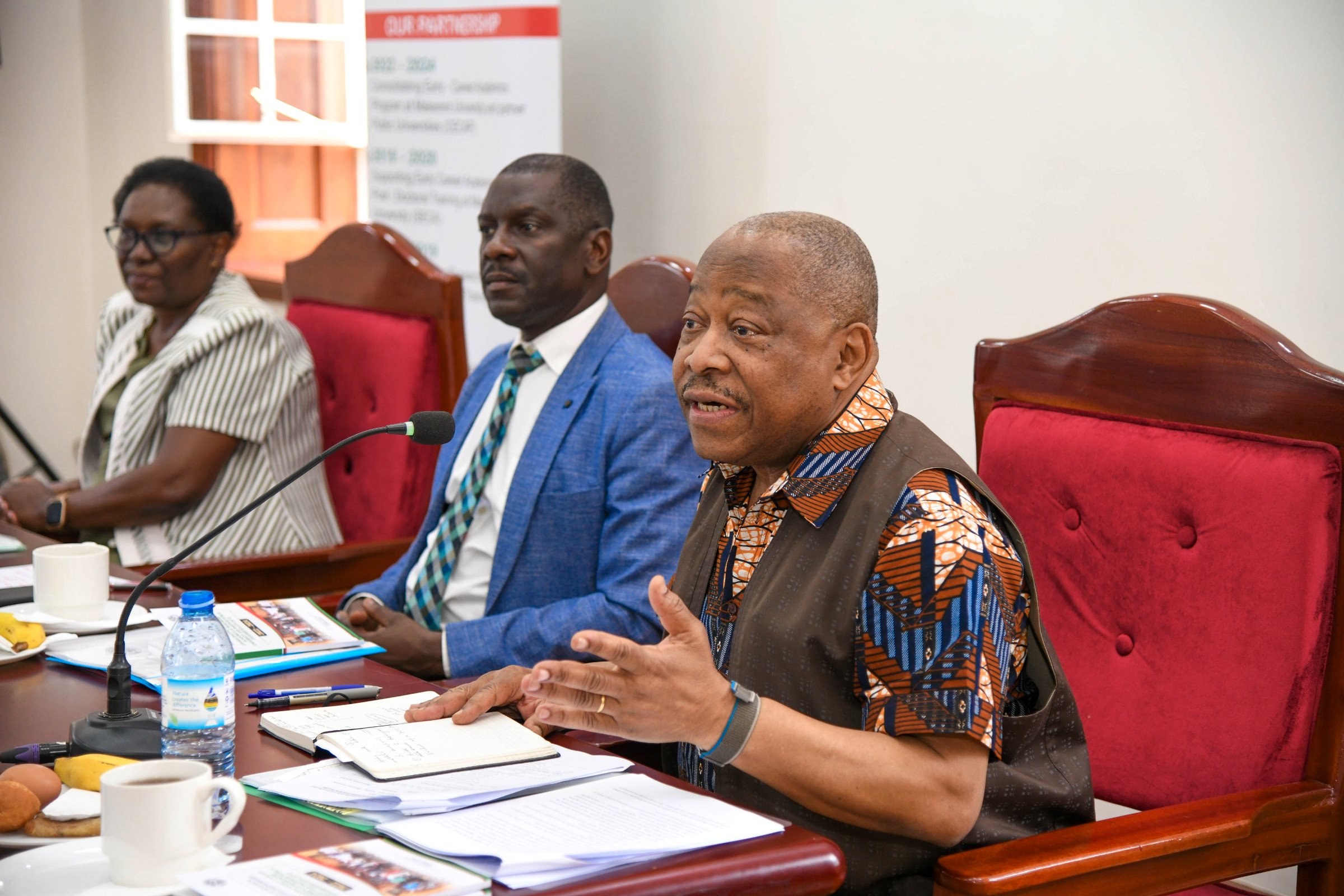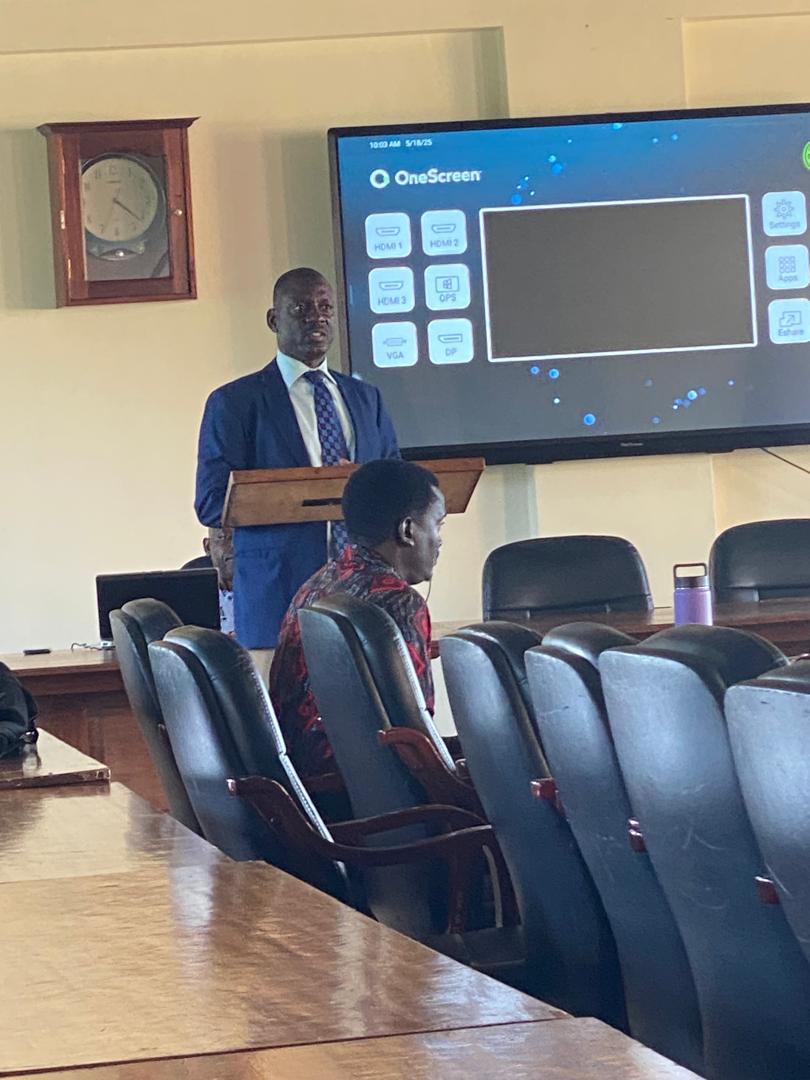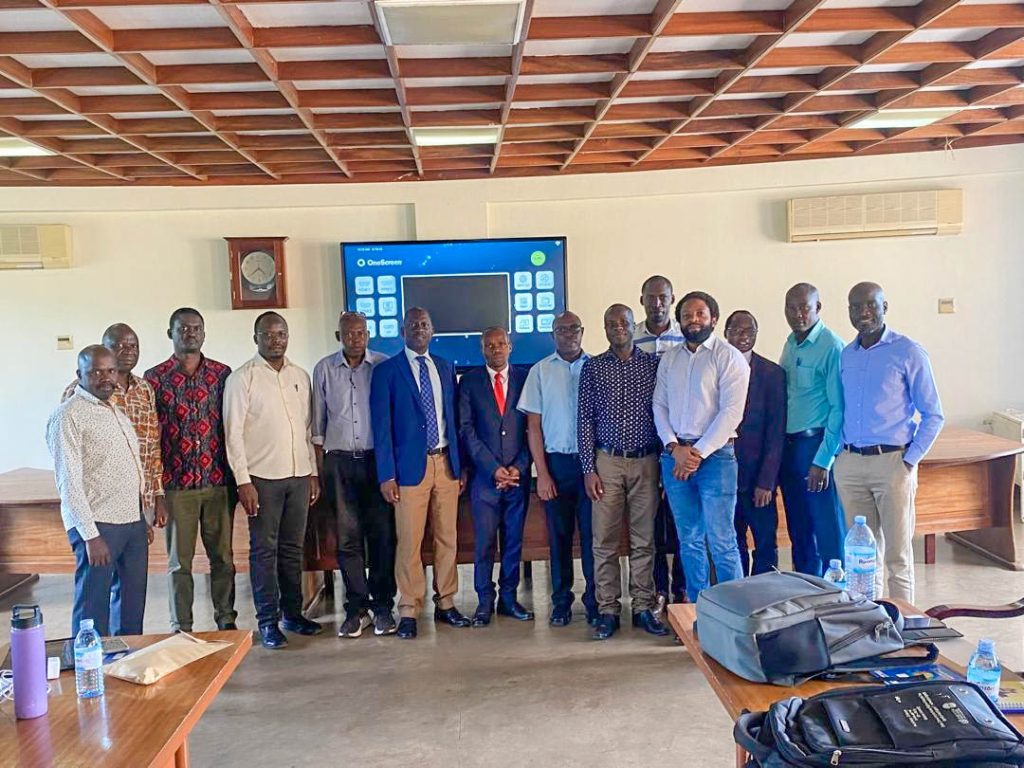The Swedish Ambassador to Uganda, H.E Per Lindgarde has acknowledged the key role played by higher education in building human capacity and reducing poverty in the country. The Ambassador emphasized the need to invest in higher education as a way accelerating technological diffusion, which would decrease knowledge gaps and help reduce poverty.
Addressing participants during the Annual Planning Meeting for the Makerere University-Sweden Bilateral Research Programme on 24th April 2017 in the Makerere University Main Hall, the Ambassador revealed that the success of higher education in Uganda depends on how the system is articulated within the broader social, economic and cultural framework of the country. He advocated for a sustained effort towards an integrated and differentiated higher education system.
“I strongly believe that it is time for Uganda to re-assess its higher education policies and re-equip the sector with the policies and resources required to make it a dynamic engine that can help power the Ugandan economy,” he said.
Organized by Makerere University Directorate of Research and Graduate Training (DRGT), the Annual Planning Meeting for Makerere-Sweden Bilateral Research Programme was attended by Principal Investigators, Supervisors, and Sida-sponsored students at MSc/MA, PhD and Postdoctoral research training from the five Ugandan partner universities of Makerere University, Kyambogo, Busitema, Gulu and Mbarara University of Science and Technology ; together with Swedish representatives from the Universities of Gothenburg; Linköping; Stockholm; Royal Institute of Technology (KTH), Mälardalen University; Chalmers University of Technology; Lund University; Borås University; Karolinska Institute (KI); Swedish University of Agricultural Sciences (SLU) and Uppsala University.
According to the 1st Secretary and Senior Research Advisor, Swedish Embassy, Kampala Dr. Gity Behravan, the five days Annual Planning Meeting (24th- 28th April 2017) under the theme, Making Research Work for Regional Development, would entail sharing research results from the five public universities involved in this program. The meeting would focus on three areas; research uptake, quality assurance and research management.
“The Swedish Government is proud of the results that have come out of this research collaboration so far. Results that also Sweden stands stronger from, both in terms of science discoveries and institutional exchange,” she stated.
The Vice Chancellor of Makerere University, Prof. John Ddumba-Ssentamu appreciated the significance of the meeting saying that it symbolises the nature and character of the relationship between Makerere University, the Royal Government and People of Sweden.
He thanked the Royal Government of Sweden for its continuing support that has enabled the institution and the nation at large to continue producing high performing graduates who are innovative and responsive to the development challenges at both national and regional levels.
“Makerere University and Uganda in general have enjoyed and continue to benefit from the generosity of the Royal Government of Sweden in the areas of human resources capacity building, research, library services/information technology and infrastructural development,” said the Vice Chancellor.
“Over 250, Makerere University academic staff members have completed their PhD studies, more than 100 have completed master degrees and 20 have completed post-doctoral fellowships due the Swedish cooperation with Uganda,” he added.
Makerere University– Sweden Bilateral Research Program (2015-2020) is a renewed contract research program between the Government of Uganda and Government of Sweden. In the current cooperation agreement, the Swedish government appropriated a fund of 275 million SEC (USD 32 million) to support 17 research teams from the Ugandan public universities to build their human resource and improve the environment for research and training.
According to the Director, Research and Graduate Training-Prof. Buyinza Mukadasi, the Program has embarked on strengthening partnerships and optimizing synergies with Sida supported initiatives in the region, while focusing on strengthening Public Universities to generate knowledge and promote research uptake for national and regional development.
“Our target is to see to it that 147 Master degree students, 125 PhD students and 65 post doctorate researchers complete their research and reports submitted by 2020. We also want to develop the Quality assurance mechanisms in the public university system, engender all Curricula and research, review and harmonize PhD programs, develop New PhD curricula and training as well as supervising 500 PhD Students and staff in scholarly writing,” he said.
Being mindful about the gender disaggregation, the program has focused on the affirmative action of gender mainstreaming with an improvement on the scholarship enrolment process for female students. It has increased visibility, acceptability and upward movement of women into leadership positions.
“Out of the 248 students that are awarded scholarships, 43 are female. We have also streamlined gender in the academic curriculum of the university. We want to create a Commitment to gender equity by the University,” he said.
In a presentation on Opportunities for Capacity Building and National Development, Dr. Rob Skilton from the International Centre of Physiology and Ecology (ICIPE) – Nairobi, Kenya, introduced the participants to a new and innovative research project of rearing insects for both food and feed. According to Skilton rearing insects can be a solution to the increasing challenge of food shortage in Africa.
“Insects reproduce quickly, and are valuable sources of protein, minerals and vitamins that are essential for human development. With enormous demand of meat in the world, insect can be a compliment since are eaten by many people in the world, given their nutritious value,” said 
The first day of the Annual Planning Meeting climaxed with the Science Day organized by the College of Computing and Information Sciences (CoCIS). The Science Day provided a platform for researchers and scientists to discuss and share knowledge on the importance of technology in research science. The discussion was accompanied by a scientific exhibition of the research work by researchers and students from the College of Computing and Information Sciences (CoCIS).
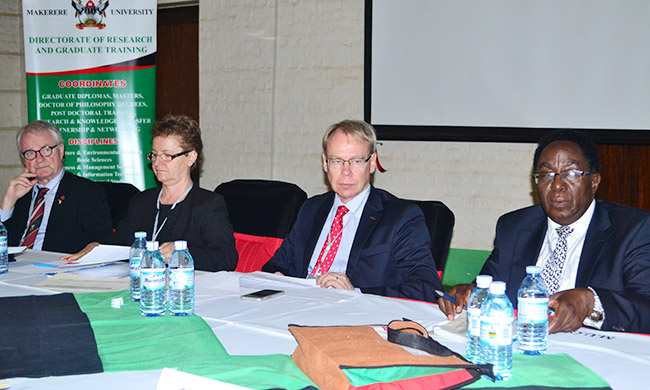
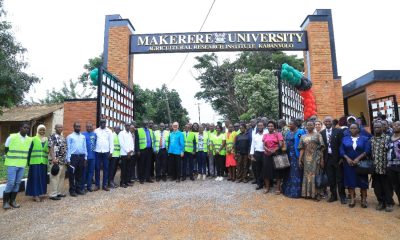
 Agriculture & Environment3 days ago
Agriculture & Environment3 days ago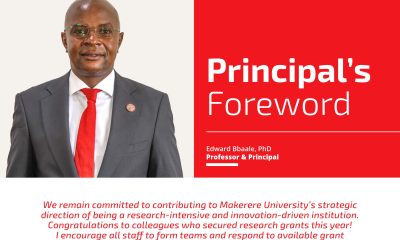
 Business & Management1 week ago
Business & Management1 week ago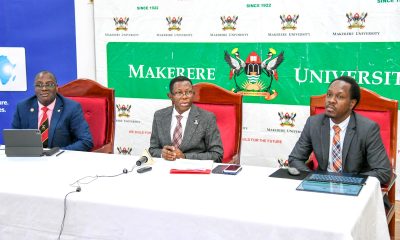
 General1 week ago
General1 week ago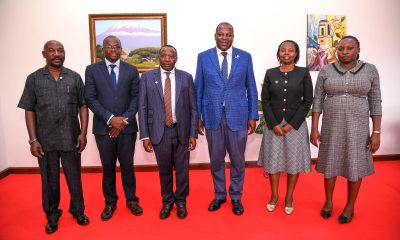
 Business & Management2 weeks ago
Business & Management2 weeks ago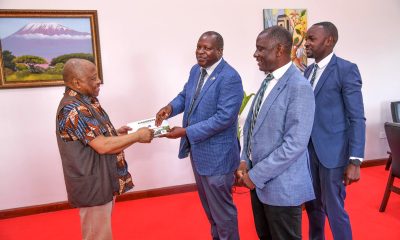
 General2 weeks ago
General2 weeks ago
